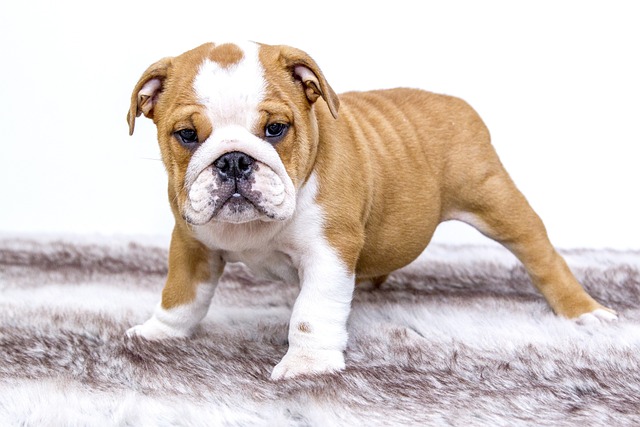
What is glaucoma in a dog?
You might notice your dog squinting more at mealtime or avoiding bright sunlight—these small changes could be early signs of a serious eye condition.
Dogs often scratch or lick their paws excessively when dealing with skin issues, and these signs shouldn’t be ignored. Common triggers include flea bites, food allergies to ingredients like chicken or grains, and even environmental irritants such as pollen or grass. Many owners first notice small red patches or increased shedding, which can quickly worsen if left untreated—so catching these early is key to keeping your pup comfortable.
Before starting any treatment, it’s smart to check local regulations, as some over-the-counter medications might require a vet’s approval in certain areas. For example, in parts of the EU, products containing specific pesticides for flea control need a prescription to ensure they’re used safely. A vet visit is also crucial to rule out serious causes, like bacterial infections or mange, which often need targeted medications. They can also help you adjust your dog’s diet if allergies are the root, ensuring you’re following guidelines that protect both your pet and the environment.
 At home, simple steps can make a big difference in easing symptoms and preventing recurrence. Regular baths with a gentle, vet-recommended shampoo can soothe irritated skin, but avoid over-bathing—too much washing strips away natural oils that keep skin healthy. Vacuuming your home frequently helps remove flea eggs and pollen, especially if your dog spends time in the yard or on walks in parks. Also, make sure any bedding or toys are washed regularly in hot water to kill lingering irritants.
At home, simple steps can make a big difference in easing symptoms and preventing recurrence. Regular baths with a gentle, vet-recommended shampoo can soothe irritated skin, but avoid over-bathing—too much washing strips away natural oils that keep skin healthy. Vacuuming your home frequently helps remove flea eggs and pollen, especially if your dog spends time in the yard or on walks in parks. Also, make sure any bedding or toys are washed regularly in hot water to kill lingering irritants.
It’s important to remember that some treatments take time to work, so patience is key. Don’t switch products suddenly without consulting your vet, as this can confuse your dog’s system and delay healing. Keeping track of what your dog eats, where they go, and when symptoms flare up can also help your vet fine-tune the treatment plan. This not only keeps your dog happy but also ensures you’re complying with local laws that prioritize animal welfare.
By combining vet care, home care, and attention to local rules, you can effectively get rid of your dog’s skin disease and keep it from coming back. Your pup will be back to playing fetch and cuddling on the couch in no time, and you’ll have peace of mind knowing you’re doing everything right for their health and safety.

You might notice your dog squinting more at mealtime or avoiding bright sunlight—these small changes could be early signs of a serious eye condition.

Let’s set the scene: It’s a sweltering Phoenix afternoon—105°F outside—and you rushed your 2-year-old Lab mix, Cooper, on a quick walk to “get it over with.”

Let’s get real: You’re in your Miami apartment, watching your 3-year-old Corgi, Loki, struggle to climb the stairs to your second-floor unit.

Many dog owners brush off occasional scratching as just “dog behavior,” but persistent itching often signals something more—like a food allergy.

You might first notice your dog scratching more than usual—chewing at their paws until the fur looks thin, or rubbing their face against the couch nonstop.

Let’s be real: You’re standing in your Chicago apartment, watching your 3-year-old Beagle, Max, huff and puff just to climb onto the couch.